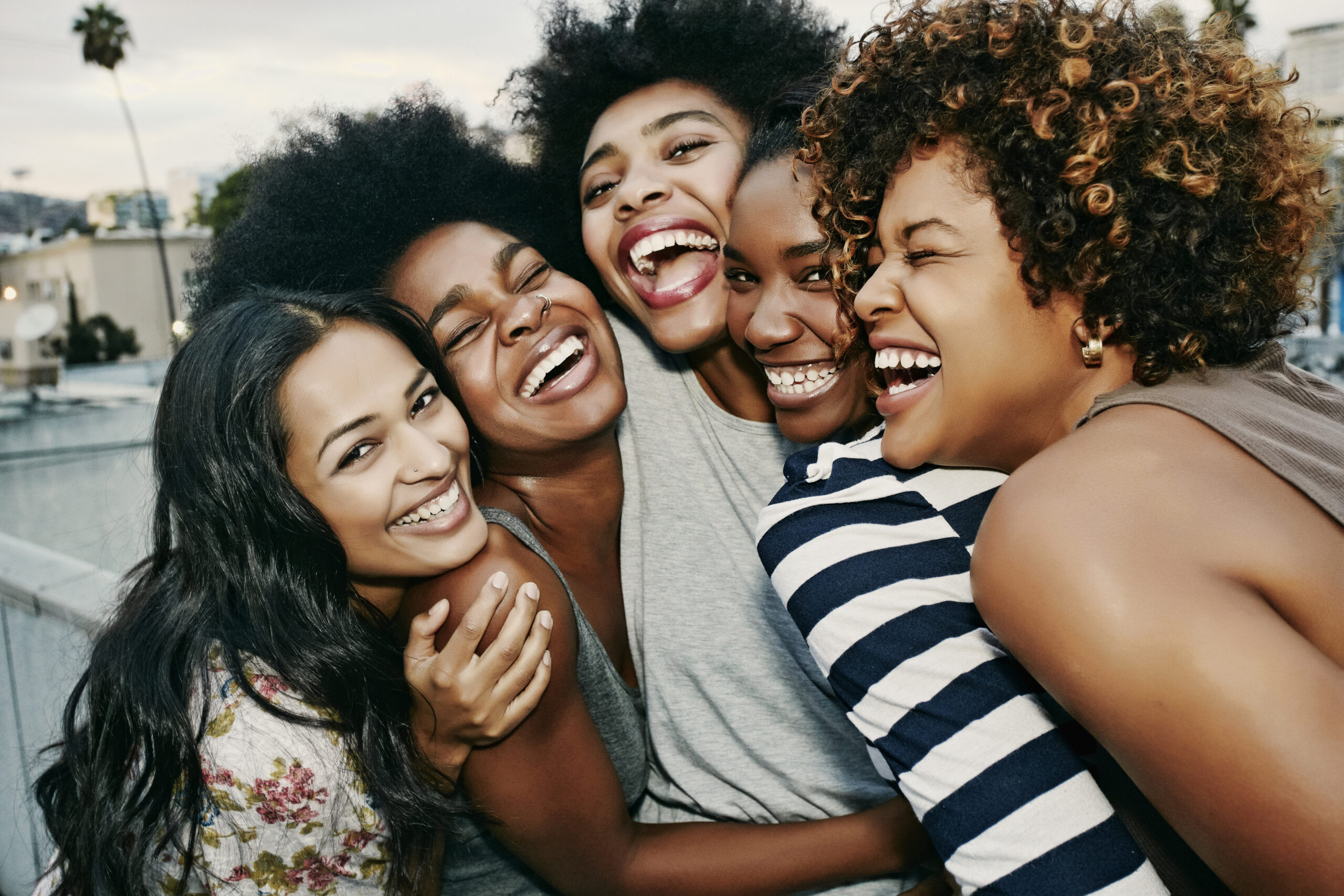As romantic relationships constantly evolve, Black women are redefining what marriage looks like for them.
Marriage rates have declined across the nation for the past few decades. The difference is striking for Black adults who never married. At the center of the shift are the increased percentages of Black women who have not experienced marriage. The U.S. Census Bureau reported that 27.7% of Black women were unmarried in 1970. That percentage of Black women jumped to 47.5 % by 2020.
An unpromising dating pool isn’t the only factor to blame for the changed marriage patterns. The divide is also exasperated by other social factors. Education, finances, career and other unique challenges often prevent Black women from finding eligible partners. However, another contributing factor is Black women adopting a different perspective on traditional marriage.
Long-Term Commitment As an Alternative
Jasmine Morris, founder of Style Her Story PR Agency, prefers the idea of commitment as a long-term relationship without marital strings attached.
“I believe that marriage is important,” Morris shared with 21Ninety. “I still desire and value it, and I will most likely get married. But, I’m not pressed for it. I believe a long-term partnership –without marriage– is just as equally valuable if there aren’t kids involved.”
This unconventional route values a life partner. A life partner is when a person chooses to share their life with another individual. For some, this can look like starting a family together or merging finances. Others may see it as living together under one roof. The main difference of long-term partnerships is that the couples are not legally bound to each other.
One compelling reason couples marry is for financial reasons. However, Morris does not entirely agree that marriage is a solution to financial freedom.
“I stress financial freedom because I find that is often why people get married to try to save and grow their income,” Morris wrote. “However, that’s not always the case, especially if financial stress is involved prior to.”
Morris believes that love, being the foundation of marriage, is not enough. Instead, she believes both partners should be stable in all aspects of life separately before intertwining their worlds. She added, “Genuine love, individual self-development and love and independent financial success should be the timing in which someone marries.”
Morris attributed her desire for a long-term partnership to understanding her self-worth by taking the time and seeking professional resources that helped her recognize her value.
“I saw that I don’t want to marry just anyone who would essentially bring down my value,” Morris shared. “I think more women would find themselves in much healthier relationships if they took the time to elevate their lives, write their own stories and acknowledge and value their own self-worth. As women, we deserve the world, so we should act accordingly. The world is yours if you believe it is.”
Although marriage is not completely out of sight for the businesswoman, she remains open to experiencing a lifestyle that is different from the status quo.
Opting for Communal Love
Aside from seeking a life partner, some Black women embrace communal love over marriage.
Communal love involves being nurtured by friends, relatives, support groups and other community members of which a person is a part. This type of love and nourishment fulfills a person’s needs and lessens the desire to be in a romantic relationship.
Danni Harris welcomes communal love because of what she witnessed in her parents’ marriage growing up. Watching her mother assimilate to the traditional gender roles of a wife at her own expense steered Harris away from seeking marriage.
“I feel like in some ways a husband will hold me back or not let me reach my full potential,” Harris shared. “I just would rather have a community with unconditional love than depend on a partner who is subject to stop loving me one day.”
Harris said she learned at a young age to de-center men as the main priority in her life. With her mother as the breadwinner, she saw firsthand the additional responsibilities she had to undergo to sustain her marriage. Outside of her parents’ union, Harris also admitted to social media being a contributing factor to her view on marriage after hearing other Black women share their negative experiences.
At 25, Harris stands firm in her stance on marriage despite her family not understanding her perspective. While she does believe marriage can be a beautiful experience if the intentions are pure, she has found community to mirror that unconditional love that people often seek from a partner.
